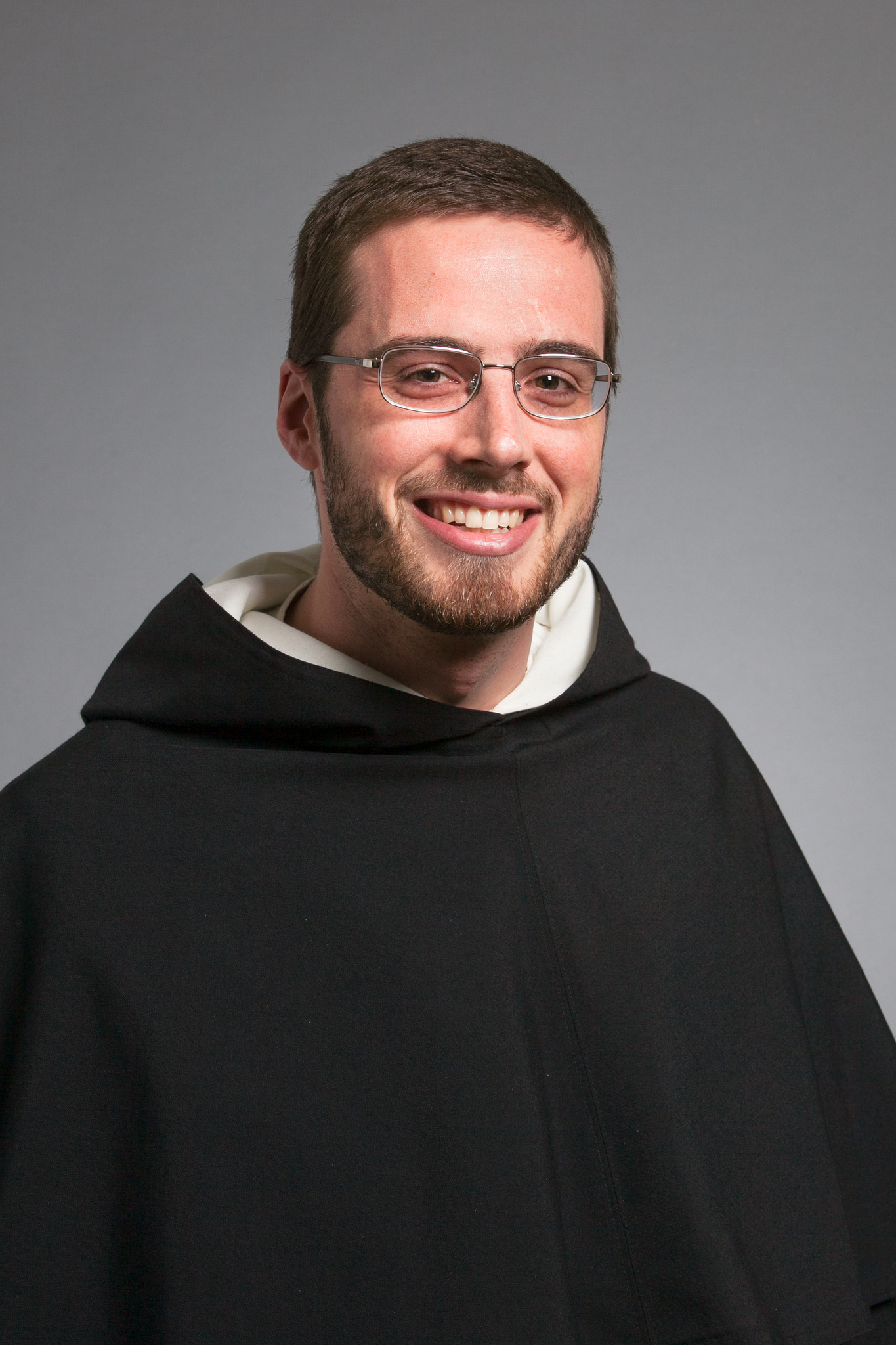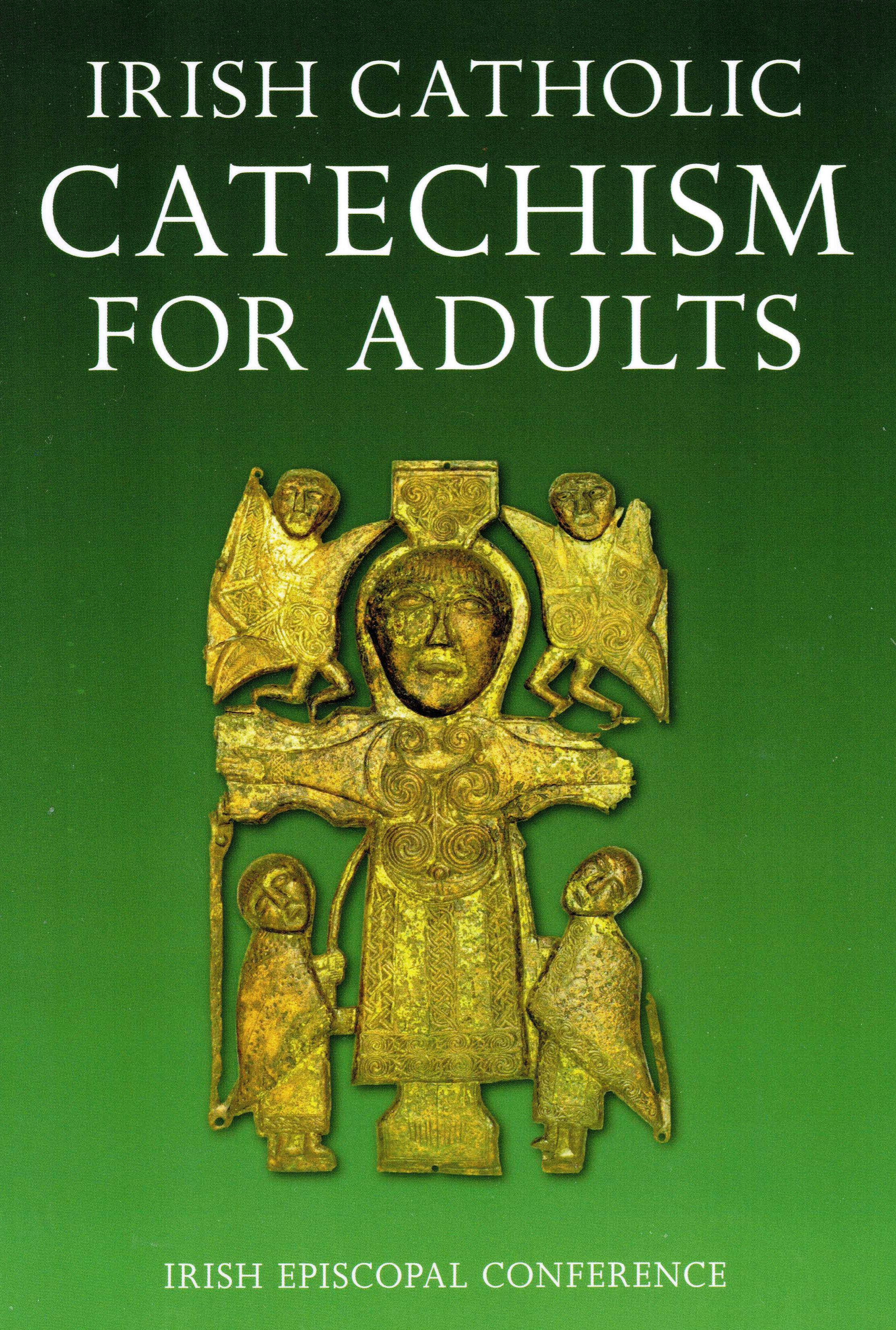

-by Rita Ferrone, Commonweal
“Beginning in Advent of this year, the language of the Mass will be very different. A new translation of the Roman Missal—the book of prayers used in the Mass—will be put into use in all Catholic churches in the English-speaking world. Some who have read the new prayers are pleased with the changes. Others are gravely concerned.
In recent months, priests in Ireland, Australia, the United States, and elsewhere have voiced objections, saying this translation is not what the church needs—and that it will be divisive. What is it about the new translation that has caused such an uproar?
We come to you, Father,
with praise and thanksgiving,
through Jesus Christ your Son.
Through him we ask you to accept and bless
these gifts we offer you in sacrifice.
We offer them for your holy catholic Church….
So begins the first Eucharistic Prayer of the Roman Missal as it has been prayed by English-speaking Catholics since 1973. When the new Missal goes into effect in November, Catholics throughout the English-speaking world will hear these words instead:
To you, therefore, most merciful Father,
we make humble prayer and petition
through Jesus Christ, your Son, our Lord:
That you accept
and bless + these gifts, these offerings
these holy and unblemished sacrifices
which we offer you firstly
for your holy Catholic Church.
The current translation is simple and direct. It follows the speech patterns and rhythms of contemporary spoken English. It flows easily off the tongue. Its meaning is clear. The new translation, on the other hand, is mannered and complex. We arrive at the subject of the sentence only after we have heard the dative “to you”; the conjunction “therefore”; a superlative adjective “most merciful”; and a noun in apposition, “Father.” The new translation is wordy. In place of “these gifts,” we offer “these gifts, these offerings, these holy and unblemished sacrifices.”
Having offered these gifts, offerings, holy and unblemished sacrifices firstly for the church, you might be thinking there is a secondly coming along in a paragraph or two. If so, you would be wrong. There is no secondly. So what does firstly mean in this context? It’s not clear that it means anything at all.
Different words, same prayer? Both are translations of the same Latin text, yet the results are quite different. Change the words and you change the prayer.
The Problem of Clarity
Clarity and intelligibility were principles of liturgical renewal specifically named by the fathers of the Second Vatican Council in the Constitution on the Sacred Liturgy. Until 2001, those who translated liturgical texts into English placed a high priority on the council’s mandate for clarity and intelligibility. Those were essential guiding principles of liturgical reform, not secondary considerations.
Since the publication of the new Vatican instruction on translation Liturgiam authenticam in 2001, however, other principles are deemed more important. They include: the exact rendering of each word and expression of the Latin, the use of sacral vocabulary remote from ordinary speech, and reproduction of the syntax of the Latin original whenever possible. When a choice must be made, those principles trump the principles of clarity and intelligibility. The result has been, not surprisingly, a translation that is filled with expressions not easily understood by English speakers. It has resulted in prayers that are long-winded, pointlessly complex, hard to proclaim, and difficult to understand.
There are many places in the new translation where the words simply don’t make sense in English. On the First Sunday of Advent, we pray that we may “run forth with righteous deeds.” What does that mean? Many expressions sound pompous: “profit our conversion,” “the sacrifice of conciliation,” “an oblation pleasing to your almighty power.”
Some prayer texts are simply bewildering, such as this one from Preface VIII for Sundays in Ordinary Time:
For when your children were scattered afar by sin,
through the Blood of your Son and the power of the Spirit,
you gathered them again to yourself,
that a people, formed as one by the unity of the Trinity,
made the Body of Christ and the temple of the Holy Spirit,
might, to the praise of your manifold wisdom,
be manifest as the Church.
What is the main point? It is hard to tell. We are wandering in a dense forest of theological and biblical allusions here. There are traps for the unwary, too. If the speaker is not careful to separate the first line from the second and join the second with the third, separating them from the first, he ends up suggesting that the Blood of Christ and the power of the Spirit are instrumental in scattering God’s children. Even read well, this prayer will likely lose all but its best-educated and most highly attentive hearers.
The new translation includes sentence fragments, odd locutions, opaque expressions, and redundancies. There are also historical oddities preserved for no good reason. Here is an example from EucharisticPrayer I: “For them and all who are dear to them / we offer you this sacrifice of praise / or they offer it for themselves / and all who are dear to them….” Enrico Mazza, in his magisterial work The Eucharistic Prayers of the Roman Rite, explains that this mid-eighth-century addition (“or they offer it for themselves…”) was originally a rubric, providing alternative wordings depending on whether those who requested the Mass were present or absent. The translators of the 1973 translation (and the 1998 version) spared us the useless puzzlement caused by such a text. The translators
of the text we are about to receive did not. Why? Each word of the Latin had to be accounted for.
Not every passage Catholics will hear exhibits such strict adherence to the literal meaning of the Latin, however. In the second Eucharistic Prayer, the Latin text says quite clearly that we “stand in your presence.” The Latin word astare means to stand. It doesn’t mean anything else. The translation was changed by Vox Clara, the Vatican committee formed to advise the Holy See on the approval of liturgical texts. It was feared that use of the verb “to stand” would imply it is acceptable for the people to stand during the Eucharistic Prayer. (In fact, the General Instruction of the Roman Missal assumes that the common posture for the Eucharistic Prayer is standing, even though some individual bishops conferences have decreed otherwise.) The English now reads “be in your presence.”
Other changes introduced by Vox Clara lack evident rhyme or reason. For example, the Latin word profusis, which appears at the conclusion of every preface of the Easter Season, is translated as “overcome.” Profusis means “overflowing.” When the world is described as overflowing with paschal joys, as the 2008 translation had it, one imagines graceful scenes from Botticelli. When reference is made to being overcome, one imagines smelling salts. This is one of an estimated ten thousand changes Rome made in the Missal after the bishops approved the translation in 2008.
The Problem of Length
The current translation is not without problems. At times it is simple to the point of banality. The richness of imagery and the theological depth of the Latin original does not always come through. The first retranslation of the Missal, which was approved by all the conferences of English-speaking bishops in 1998, addressed most of these problems quite effectively. Yet the Vatican judged that it did not go far enough. Now, with the 2010 translation, we have swung to the opposite extreme. The new translation is mired in long-winded complexity.
Overall, the length of the sentences in the new translation is staggering. The longest sentence of the Eucharistic Prayers has 82 words, the second longest, 72. All but one of the sentences in Eucharistic Prayer I are more than 40 words long. The current translation of that prayer has 18 sentences before the consecration. The new translation has 8.
The average number of words per sentence in the new Eucharistic Prayers is 35.4, compared to 20.6 at present—an increase of 78 percent. Are spoken texts in liturgy generally so wordy? Pope Benedict is not averse to using long, complex sentences. Yet his Ash Wednesday homily averaged 23.2 words per sentence. Certainly Scripture offers long sentences, especially in the writings of St. Paul. Yet the beloved eighth chapter of Paul’s Letter to the Romans has an average sentence length of only 27.38. This final example provides the closest comparison, yet the new Missal far surpasses it.
In texts for oral proclamation, the length of sentences matters. When reading a text on paper, one can go back and examine it again. Not so for spoken prayers, especially those spoken on one particular day of the liturgical year, rather than those repeated throughout the year or liturgical season. A collect such as this one, which follows the Isaiah 54 reading in the Easter Vigil, offers a good example of what the new translation will bring us:
Almighty, ever-living God,
surpass for the honor of your name
what you pledged to the patriarchs by reason of their faith
and through sacred adoption increase the children of your promise
so that what the saints of old never doubted would come to pass
your Church may now see in great part fulfilled.
That 53-word sentence makes sense if one has the leisure to study it and perhaps to draw a diagram. But the person in the pew does not have that luxury. She or he will hear this prayer once a year at most. An individual word or phrase may ring a bell. But the essential meaning of the prayer will be lost. As an act of oral communication, a text such as this cannot but fail for the vast majority of Catholics. Like so many of the newly translated prayers, it will come across as theo-babble, holy nonsense.
There are already formidable challenges to oral comprehension built into the pastoral situations in which the liturgy is celebrated. International priests make up 22 percent of the active diocesan priesthood in the United States today. Accented English can make even our current translation difficult to understand. Many parish communities include a significant number of people whose first language is not English. They will be asked to digest sentences that even native English speakers will have a hard time comprehending. Children and youth and those who are less educated will also be placed at a great disadvantage.
Some Texts Heard at Every Mass
Several texts that are a regular part of every Mass are going to change. Not all the changes will be for the worse. For example, in the preface dialogue (which appears at the beginning of the Eucharistic Prayer), the people will answer “It is right and just” in place of the familiar “It is right to give him thanks and praise.” The phrase “It is right and just” comes from a Roman acclamation of public approval. It entered the liturgy at an early date. It is crisp, and easily understood in English. Furthermore, many of the prefaces that follow it begin “It is truly right and just….” The rhetorical force of this construction is blunted if one removes “It is right and just.” Its reintroduction also happily avoids the tangle over inclusive language, which has divided assemblies into some who say “right to give him thanks and praise” and others who say “right to give God thanks and praise.”
Despite such occasional bright spots, however, the overall picture is deeply discouraging. Here are a few examples.
And with your spirit
This response will replace the familiar “And also with you.” The new text will remove a common element from the ecumenical consensus regarding liturgical texts. English-speaking Catholics, Protestants, and Anglicans have collaborated over the years to produce common liturgical texts as a way forward on the path to Christian unity. The greeting “The Lord be with you / And also with you” is an example of one such shared liturgical text. Yet, our dialogue partners have been completely excluded from the making of this new translation. “And with your spirit” exemplifies Rome’s decision to “go it alone.”
For you and for many
No longer will the Mass proclaim that Christ’s sacrifice was offered “for all, so that sins may be forgiven.” Rather, we will hear that it was offered “for many.” Much attention has been paid to this change (see “All In?” by Toan Joseph Do, Commonweal, December 19, 2008); we do not need to rehearse all the arguments here. Suffice it to say that this little phrase is what one might call a “false friend”—an expression you’re sure you understand, until you find out it means the opposite of what you were sure it meant. In normal English, many does not mean all. It means many. In the Mass, however, in our new sacral language, we have to remember that many means all. We can’t say Christ died for all, because that’s not what it says in the Latin. But we have to mean all because that is our Catholic theology.
Enter under my roof
When I first learned that the words of the Centurion were going to appear in the new translation, my expectations were positive. I remembered from my childhood this lovely acclamation: “Lord, I am not worthy that you should come under my roof. Speak but the word and my soul shall be healed.” I loved its poetry and rhythm. It sang.
Alas, the translation we are about to receive is clunky. “Enter under” doesn’t sing. It plods. It’s also not idiomatic English. One has to stop and puzzle over the idea that the Lord is entering something or someplace by means of passing under my roof. I’ve found that not a few Catholics have assumed that the word roof refers to “the roof of my mouth.”
He took the precious chalice in his holy and venerable hands
The new translation aims at creating a sacral language used only in church. The fact that a word is arcane or uncommon is no barrier to its usage. In fact, such words are sometimes preferred to those that have everyday usage. Thus the Latin word calix has been translated as “chalice,” rather than “cup.” The demand to translate every Latin word in the new translation has also resulted in the use of multiple adjectives. Yet English is especially effective when plain and unadorned. Multiple adjectives weaken a text rather than strengthen it. When adjectives pile up, the results seem stagy or false. English speakers are accustomed to hearing “When supper was ended, he took the cup.” Such spare language is forceful. The new translation, by comparison, is fussy.
An especially unfortunate effect is created in this instance because it transforms Jesus into a priest saying Mass in a church. A chalice is put into the hands of Jesus at the Last Supper. Of course chalice is a word never used in modern English except to describe our sacred vessel in the Mass. The holy hands of the priest at Mass, so much a staple of the mystique of ordination, provide the template for how to describe the hands of Jesus. This sort of language is jarringly anachronistic. It compromises Jesus’ historicity in order to exalt the clergy.
Because prayer engages the heart and the imagination, differences on the affective level are highly significant. The image of the assembly’s relationship to God and the emotional tone accompanying that relationship will not be the same come November. The old is marked by an attitude of reverence, joy, and trust. God is great and we are small, but the relationship is one of love. As a child might run to a parent with unaffected gladness, so we come into the presence of our God (“We
come to you, Father…”).
Not anymore. Now we come before God as a suppliant might address a monarch, with flattery and self-abasement. Because we are sinners, it is necessary to ingratiate ourselves with him. We do this by courtly address (“We make humble prayer before you”). This change is underlined in the Confiteor in the Penitential Act that takes place at the beginning of Mass. This moment will become an occasion to beat our breast and say “Through my fault, through my fault, through my most
grievous fault.”
All these dispositions—joyful trust, fear of the Lord, consciousness of sin—are part of the Christian life. But the dominant note will change. Will this change be welcomed? Or will it be greeted with incomprehension and confusion? The presumption that God prefers courtly language in prayer, a settled presumption of the Latin text, has had more than forty years to recede from public consciousness. Will its sudden reintroduction invite the faithful into more authentic worship, or will it merely distance them from the God whom Scripture calls “my joy, my delight” (Ps. 43:4)?
Where is this new translation taking us? It is important to realize that negative responses to the new translation reflect both dismay at the wording of the text and disagreement with the principles that guided its production. Yet the conflict goes deeper than an argument over theories of translation. That the new translation of the Roman Missal should come to us replete with embarrassing gaffes, nonsensical passages, and a near-total lack of accountability is as clearly a symptom of the misuse of authority as it is the fault of the questionable set of translation principles enunciated in Liturgiam authenticam. Yet even the misuse of authority is not the root cause of the immense disquiet and even outrage that this translation has aroused.
Beneath the words of the new translation, one senses a drive to minimize the practical effects of Vatican II. The reforms of Vatican II prized clarity and intelligibility in the liturgy; they gave priority to the work of ecumenism and evangelization; they respected the local work of bishops conferences; they invited aggiornamento and engagement with the world. This vital heritage is being eclipsed by another agenda. We are seeing a wooden loyalty to the Latin text at the price of clarity and intelligibility. We are seeing a retreat from advances already made in ecumenism. We are seeing the proper role of local bishops and bishops conferences increasingly taken over by the authorities in Rome. We are seeing the liturgy reimagined as an event taking place in some sacral space outside of our world, rather than the beating heart of a world made new.
Yes, we can get used to the new translation of the Roman Missal. But we shouldn’t. The church can do better, and deserves better, than this.”
Love,
Matthew








